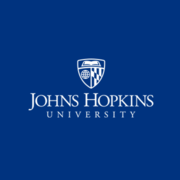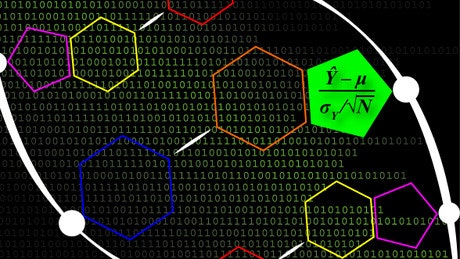Coursera Blog
Active Member


President Obama recently announced a Precision Medicine Initiative, initially funded with $215 million in 2016, to understand the fundamental characteristics that make us unique and to explore how we can use that information to reduce risk, target therapies, and improve health. One of the cornerstones of this initiative is understanding how our individual genomes are related to disease, health risks and response to treatments. The White House has hired a Chief Data Scientist, DJ Patil, to help spearhead this effort.
Why on earth would a data scientist help lead an effort in precision medicine with genomics?
The answer is that the majority of precision medicine will involve what we call “genomic data science”. To gather information on people’s genomes we need to measure variations in DNA from person to person, usually by sequencing their DNA. Huge innovations in this technology have made DNA sequencing incredibly cheap–500,000 times cheaper than it was when the human genome was first sequenced in 2001. The challenge is no longer acquiring your genome; today the challenge is interpreting and understanding how your genome affects your health. This is a data science question. It requires computing to process piles of data, statistics to discover relationships between your genome and your health, and biology to tie it all together and make sense of those discoveries.
We developed the Johns Hopkins Genomic Data Science Specialization to get you up to speed on the ideas and tools you need to participate in the genomics revolution. In this specialization we will teach you about how sequencing technologies work, how you can use it to measure important biological molecules, and teach you skills to process and analyze this data. We will focus on teaching tools that are freely available, open source, widely recognized for their excellence, and supported by large communities of scientists. These are tools that we and other leading researchers in Genomic Data Science use every day. The goal is to take you from the very basics of genomic data science to learning how to execute and evaluate Genomic Data Science pipelines.
We will teach basic skills required to start analyzing high throughput biology data. The focus is on laying a foundation of skills and helping you learn where to look for information as technologies improve in this rapidly evolving field. Genomic data science is one of the biggest and most important data sciences, and along the way we will also point you to resources that will allow you to take a deeper dive into this new field.
Today we are launching the class “Introduction to Genomic Technologies”. This class is perfect for anyone who is interested in modern biological data. It is designed to be a conceptual course that can be taken by anyone as a general introduction to genomic data science. We think the class will be useful for researchers at all levels, ranging from people just starting out to seasoned researchers. Over the next two months we will be launching the rest of the specialization. These classes will cover using Galaxy, command line tools, the Python language, sequence algorithms, Bioconductor, and statistics. They are designed to be entry level classes but will require some programming experience, and will be easier if you have a background and interest in using computers. We will cover the whole process, from software installation to application and data interpretation. Our instructors are all active researchers in computational biology at Johns Hopkins University from the Departments of Computer Science, Biology, Biostatistics, Medicine and Biomedical Engineering. They are all authors of very widely used software and methods for Genomic Data Science.
This specialization was built by the Johns Hopkins Data Science Lab. This team is also responsible for the Johns Hopkins Data Science Specialization, the most successful massive open online classes (MOOCs) in existence.
Classes can be taken for free, but a fee is required to earn a certificate of completion. We are pleased to announce today a discount from $99 to $49 for all classes in the sequence. There has never been a better time to be a genomic data scientist and we are excited about helping you get started in this rapidly growing field.
Kasper Hansen + Jeff Leek
Co-Directors Johns Hopkins Genomic Data Science Specialization
Continue reading...
